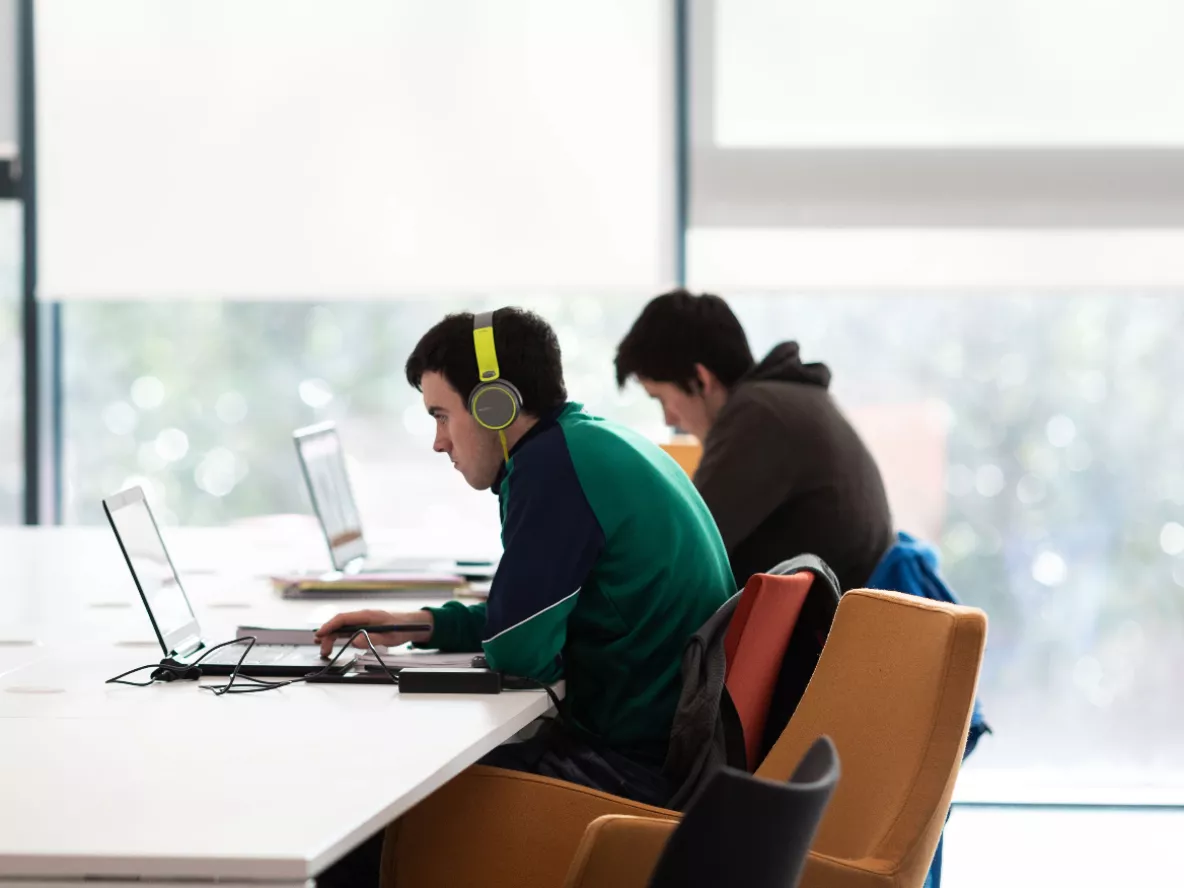

Digital information skills, which include the skills required to find quality information, critically evaluate, manage, and use that information effectively, are critical to our students' academic success. These skills are becoming increasingly important given the complex digital environment our students are navigating.
Students' information literacy skills are best developed within the context of their curriculum. By integrating information literacy instruction within their modules and assessments, students are more likely to understand the relevance of these skills, and more likely to actively engage with developing their information literacy skills and knowledge.
The Glucksman Library is committed to working with faculty to support the development of our students’ information skills and knowledge. As part of the Library's approach to supporting student learning we are delighted to launch the Glucksman Library’s Academic Success Toolkit for Assignments.
The Library’s Assignment Toolkit on Brightspace is designed to support students through the process of completing written assignments. The Toolkit is a self-paced learning resource with a series of six units containing etivities and engaging interactive materials to teach students the key information literacy skills of finding and critically evaluating information and referencing sources. When students access the Toolkit they can choose to complete all six units (approximate completion time 120 minutes) or explore each individual unit as required.
This valuable resource is also available for faculty to use to support their students' learning. Please direct enquiries about the Glucksman Library Assignment Toolkit to us at libinfo@ul.ie
Sincere thanks to faculty members who engaged with us in the development of this resource. We are grateful also to the staff at Munster Technological University Library who were so generous with their time and insights and who shared their open resource with us as we prepared this offering for UL students and faculty. Our thanks also to colleagues at DCU Library who also generously supported us as we developed this learning resource.
Please get in touch with us directly if you have any questions or comments.